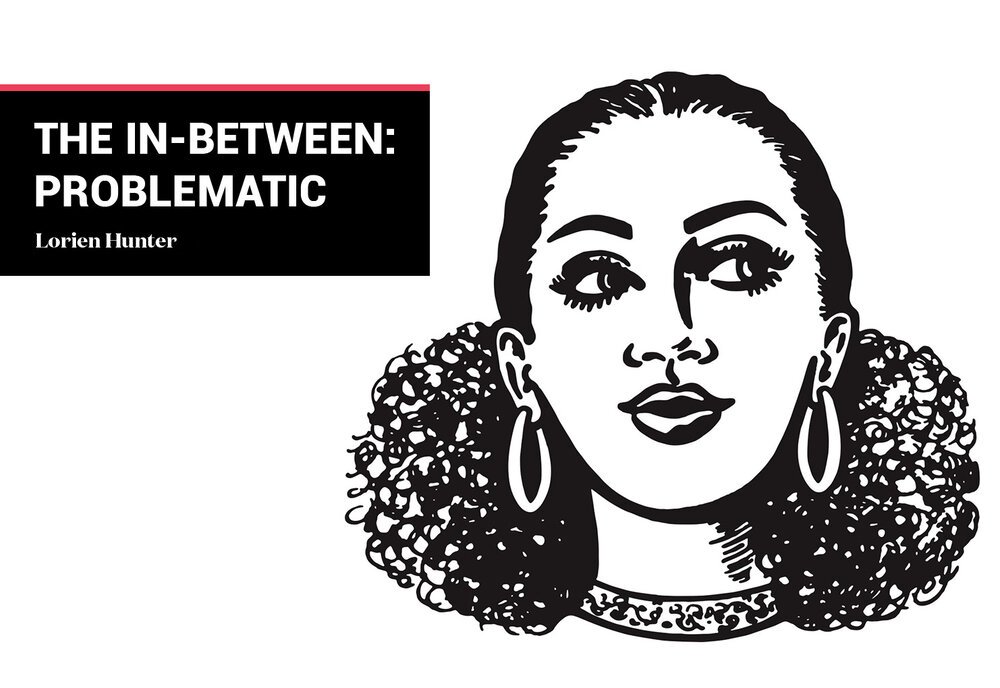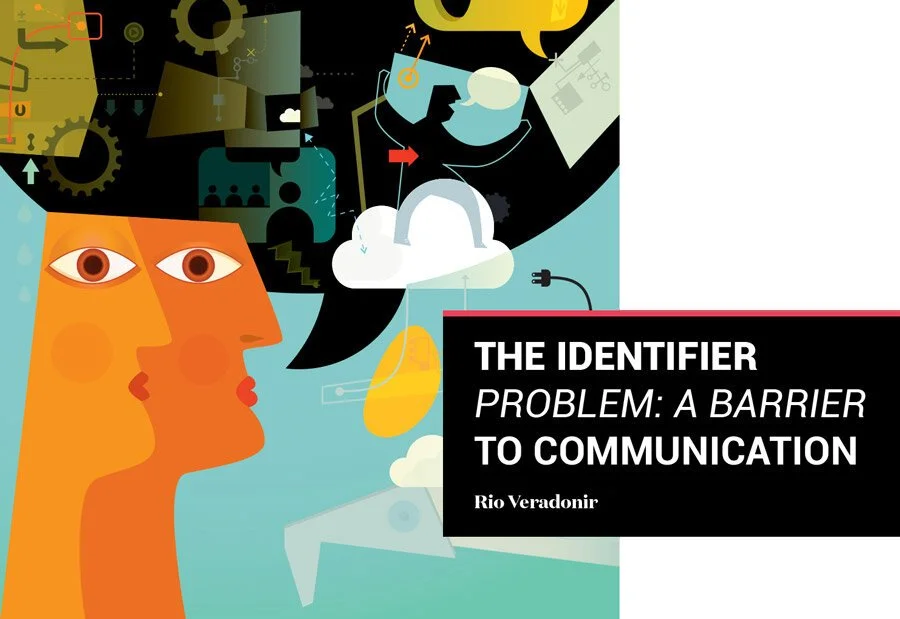The Underbelly of Political Correctness
Political correctness (PC) has proven itself to be a double-edged sword. On the one hand, it has helped make societies more equal by pushing them away from offensive stereotypes and discriminatory language. On the other, it has increased in-group hostilities and reduced opportunities for dialogue and mutual understanding. Too often, political correctness has allowed people to feel as though they were doing something substantial to achieve greater equality, but by focusing so heavily on language rather than the underlying attitudes and beliefs, it has harmed the very people such efforts were intended to help by distracting the focus from root causes.
The term “politically correct” first appeared in the United States during the late 1700s. It remained relatively obscure until the first half of the twentieth century, when people began using it to describe an individual’s rigid adherence to a specific political ideology, as demonstrated through a strict use of specific language, such as that of Nazi Germany or communism. In the 1970s, the phrase took on its contemporary definition, which is broadly understood as a communication style designed to avoid offense (especially to members of minority groups) through the use and/or avoidance of certain words. Although, during this period, it was first employed as a tongue-in-cheek form of self-critique amongst individuals left-of-center, today the phrase is most commonly (though not exclusively) used by those politically right-of-center to criticize what they perceive as the left’s restrictive practices on free speech.
Despite these criticisms, political correctness has certainly made some positive contributions to the pursuit of social equality. The use of PC language has helped us shift away from discriminatory speech and from reinforcing negative stereotypes, for example. The PC focus on language and naming has also helped improve the visibility of our natural diversity, resulting in the productive push for better and more accurate representation of human experiences. Collectively, these changes benefit us all because they help improve society by making the treatment of everyone in it more equal.
However, the practice of advocating for political correctness also has its underbelly. To begin with, meaning is subjective and constantly changing. As columnist Kai Sherwi argues, declaring that some thoughts, phrases, and actions are “correct” while others are not creates an ever-tightening noose around the freedom of speech and expression. In his view, no matter how uncomfortable we are with inflammatory language or actions, it is crucial to recognise that it’s a small price to pay to maintain a democratic system that promotes free expression as a basic pillar of society.
In light of this view, it is not surprising that PC discourse has resulted in in-group hostility. Focusing on politically correct language has encouraged the practice of policing one another’s speech, perhaps most noticeably amongst members of the same community. In practice, what were initially intended to be “safe spaces” have been transformed into hostile environments, which is not only counter to the original objective, but also harms those community members whom the movement was primarily designed to help. Although troubling, this chain of events is not entirely unexpected, as it is precisely this practice of insisting on adherence to a specific political doctrine that has historically been implied through use of the term.
The rise of hostilities within groups has also been accompanied by increased hostility between groups. For example, in response to the ongoing expansion of the acronym used to describe the queer community (the most recent iteration of which is “LGBTQIA+”), some have begun dismissing the label altogether, instead calling us the “alphabet community” because of what they perceive to be our “obsession” with being correctly labelled. Not surprisingly, this decision has not gone over well with everyone. While it may superficially seem that this negative reaction to the acronym should not be queer people’s problem, the mockery it elicits nevertheless indicates a lack of acceptance caused by frustration with PC’s insistence on labels, which ultimately hurts all of us. Why not try something else? In South Africa, where hate crimes against members of the queer community still continue to soar, it seems that, at the very least, it is an option worth considering.
Queer experiences in South Africa also illuminate more fundamental failures of the PC emphasis by revealing what happens when one focuses too narrowly on language. While South Africa may have been the first nation on the continent to enshrine queer rights in its constitution, this has done little to alter citizens' actual acceptance or understanding of the community. Instead, it has made openly voicing concerns or asking questions about the queer community more difficult, thereby stifling the opportunity to reach mutual understanding and resulting in the ongoing violence and hostility.
But, what can we as queer people do differently?
This is a question I find myself constantly grappling with, because political correctness is a complex issue with no easy answers. Certainly, improving education is part of the solution. I come from a township in South Africa where I barely had any conversations growing up about how to use language that would not offend or exclude people. Everyone queer was referred to as either “gay” or “lesbian,” and many people struggled to properly describe queer individuals who could not be categorized as one of the two. Today, I still hear many people say that they struggle to understand the complex diversity of the queer community or why it is important to describe people with the proper labels.
And yet, focusing solely on politically correct terminology is not enough. While this focus on language has proven to be beneficial to many minority groups, the exclusion and hostility it has also inspired are significant consequences that cannot be ignored. Instead of continuing to emphasize the importance of politically correct speech, perhaps it would be more productive to direct our efforts toward the feelings and attitudes that exist underneath, both within ourselves and within those whom we are trying to influence.
Published Oct 17, 2019
Updated May 9, 2023
Published in Issue III: Language








